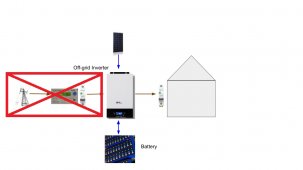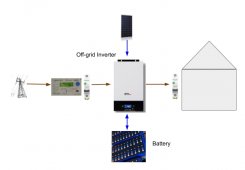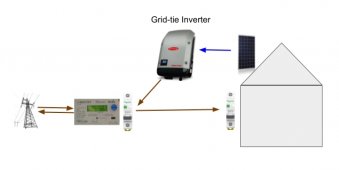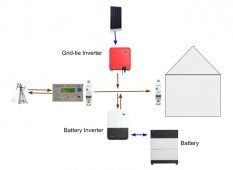Coolthings
New Member
- Joined
- Aug 30, 2021
- Messages
- 6
Hello,
I have a 20 unit building. Need guidance on a system that I can build off grid. To power the needs of the guests. Everything here is electric. Heat,air conditioning , water heater. I have tracked my monthly usage. Just not sure about the usage surge from all the appliances. Thanks in advance
I have a 20 unit building. Need guidance on a system that I can build off grid. To power the needs of the guests. Everything here is electric. Heat,air conditioning , water heater. I have tracked my monthly usage. Just not sure about the usage surge from all the appliances. Thanks in advance






